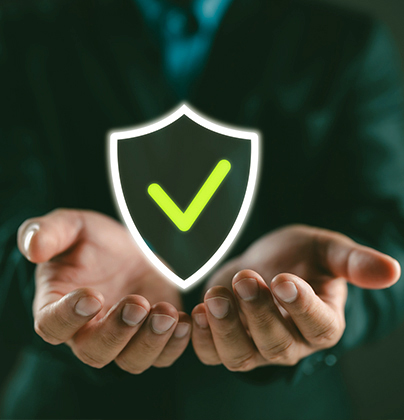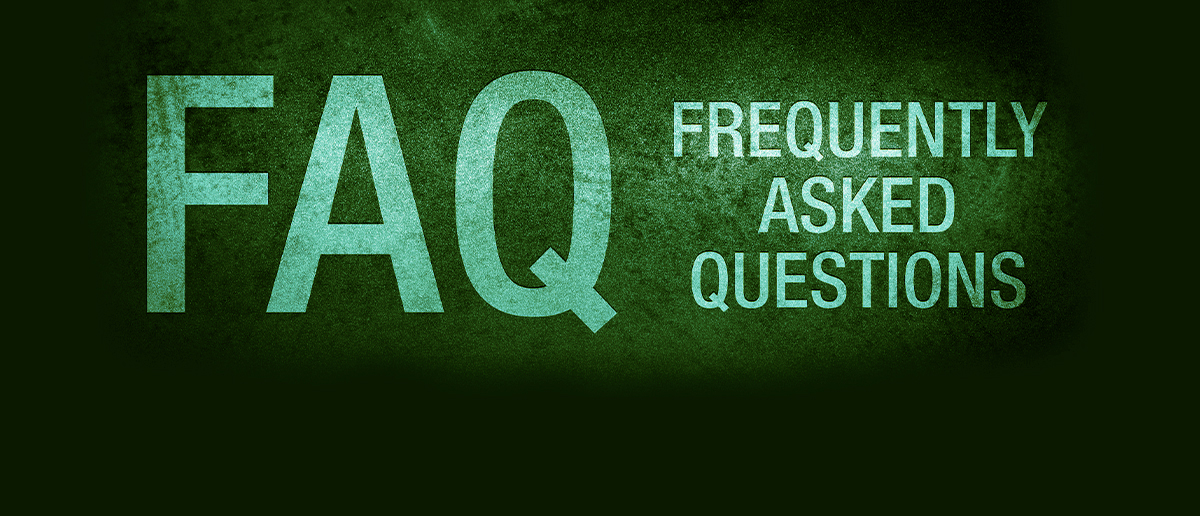Frequently Asked Questions
Got questions? We’ve got you covered! Check out our FAQs for quick answers and helpful tips.
- Financial Literacy Questions
- About Fort Bragg Federal Credit Union
- Account Questions
- ATM Questions
- Certificates of Deposit Questions
- Checking Questions
- Debit Card Questions
- General Product and Service Questions
- Home Banking Questions
- Loan and Credit Questions
- Miscellaneous Questions
- Roth IRA Questions
- Security Questions
Phishing is an email scam where fraudsters pretend to be legitimate businesses to trick you into revealing personal information, like passwords, Social Security numbers, or account details. These emails often link to fake websites designed to steal your data. Fort Bragg Federal Credit Union will never ask for personal or financial information unless you initiate the contact. Do not respond to unsolicited requests via email, phone, text, or mail. For more, visit our Fraud and Security page.
Vishing is a phone scam where fraudsters impersonate legitimate businesses to trick you into revealing personal or financial information for identity theft. Fort Bragg Federal Credit Union will never request sensitive information unless you initiate the contact. Do not respond to unsolicited requests via phone, email, text, or mail. For more, visit our Fraud and Security page.
If you feel you have been a victim of identity theft, contact the FTC’s Identity Theft Hotline toll-free at 1-877-IDTHEFT (438-4338); by mail: Identity Theft Clearinghouse, Federal Trade Commission, 600 Pennsylvania Avenue, NW, Washington, DC 20580; or online. You should also notify Fort Bragg Federal Credit Union immediately to protect your accounts and receive assistance.
Secure checking accounts with built-in identity theft protection offer an added layer of defense. Stay vigilant, review your statements regularly, and act quickly if anything seems off.
If your wallet has been lost or stolen, take the following actions:
- Contact FBFCU right away to report your lost or stolen debit and credit cards, and to help protect your accounts from unauthorized access.
- Call the three major credit reporting agencies (Equifax: 1-800-525-6285, Experian: 1-888-397-3742 and Trans Union: 1-800-680-7289) and ask them to immediately place a Fraud Alert on your name and Social Security number. The alert means any company that checks your credit knows your information was stolen and they have to contact you by phone to authorize new credit.
- Notify the SSN national fraud hotline at 1-800-269-0271.
- Cancel your credit cards. Include the numbers for Visa® and MasterCard customer service.
- File a police report the same day, if at all possible, in the jurisdiction where your wallet was stolen.








